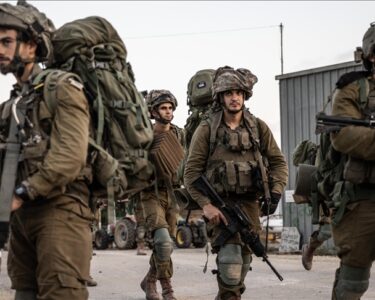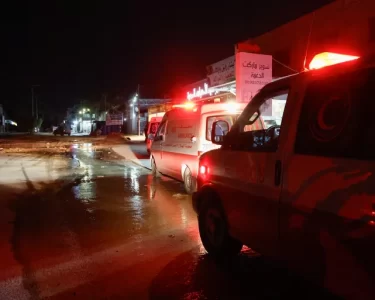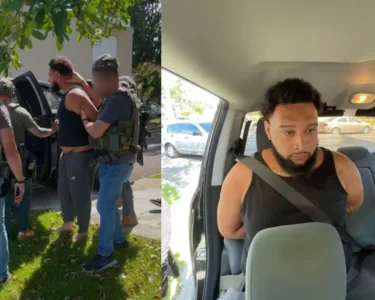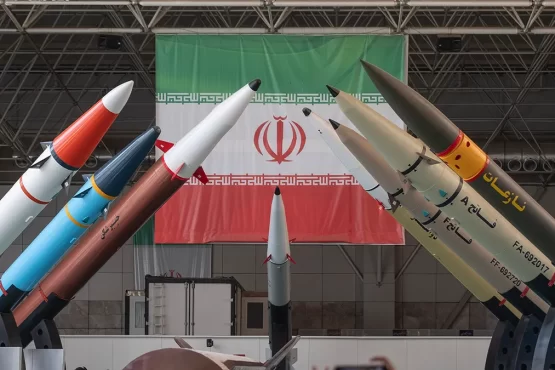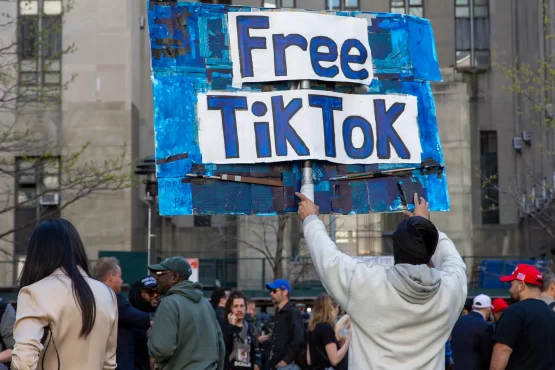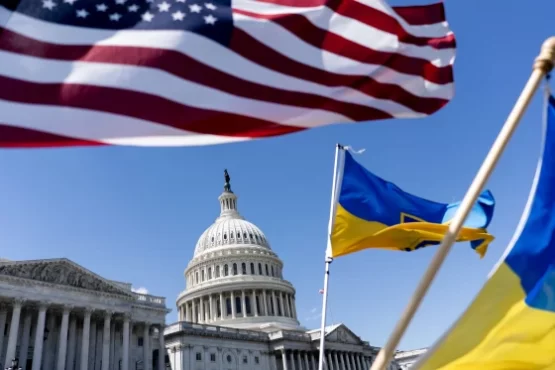In what will further strain US-Russia relations, the treason trial of Russian American dual citizen Ksenia Karelina opened on Thursday in Yekaterinburg, Russia. The case unfolds against a backdrop of increasing tensions between Washington and Moscow, particularly concerning the detention of American journalists in Russia.
Karelina, identified by Russian authorities as a Los Angeles resident, was born in Yekaterinburg and arrested in February while visiting family. The trial is being conducted behind closed doors in the same court set to hear the case of Evan Gershkovich, a Wall Street Journal reporter arrested in March 2023 on espionage charges.
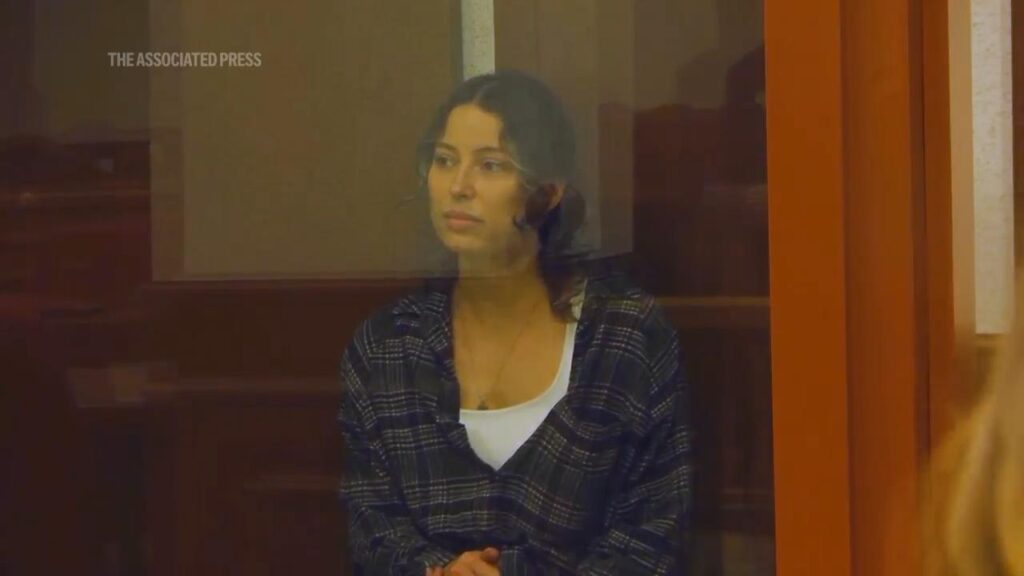
The Federal Security Service, Russia’s primary domestic security agency, alleges that Karelina raised funds for a Ukrainian organization supplying weapons, ammunition, and other resources to the Ukrainian military. However, according to reports citing her boyfriend, she made only a single donation of approximately $50 to a Ukrainian organization.
If convicted, Karelina faces a potential 20-year prison sentence. The gravity of the charges and the closed nature of the proceedings have raised concerns among international observers, especially given that Russian criminal cases that reach trial typically result in convictions.
The case has drawn parallels with other recent detentions of US citizens in Russia, including Gershkovich and WNBA star Brittney Griner, highlighting the precarious situation for Americans in Russia amid deteriorating bilateral relations.

US officials have not yet publicly commented on Karelina’s case, but the trial is likely to further complicate diplomatic efforts between the two nations. The State Department has previously warned US citizens about the risks of traveling to Russia, citing the potential for arbitrary enforcement of local laws and the targeting of foreign nationals.
The trial’s first session concluded on Thursday afternoon, with the next hearing scheduled for August 7. As the case progresses, it is expected to attract significant international attention and potentially impact ongoing negotiations between the US and Russia on various issues, including the fate of detained citizens on both sides.
This case underscores the complex geopolitical landscape and the personal toll of escalating tensions between major world powers. It also raises questions about the safety of dual citizens and the challenges of navigating international law in an era of heightened global conflict.


